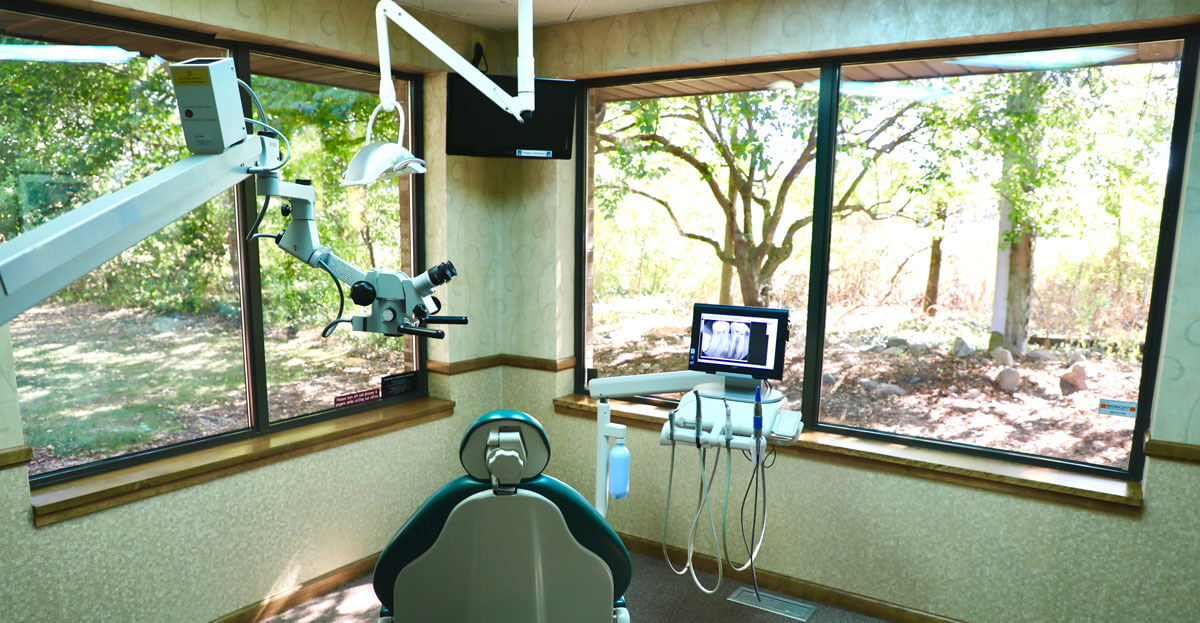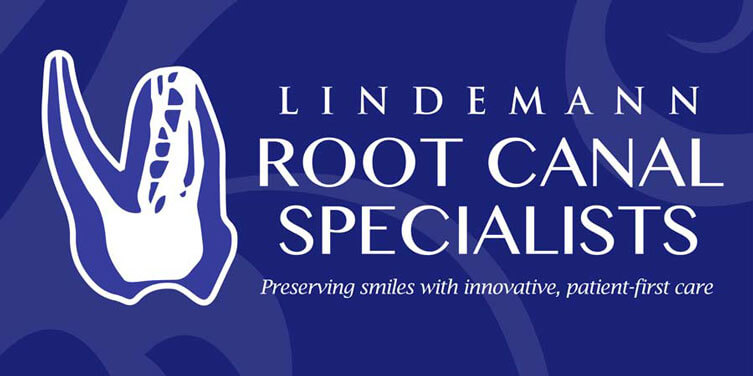Post-Op Instructions

Root Canal Treatment
General Guidelines After Root Canal Treatment
Many of the post-operative questions for root canal treatment can be found in the FAQs
Avoid hard or sticky foods such as “hard tack” candies for a least 24 hours as chewing on these types of foods can loosen or damage a restoration. Never chew on ice. Carefully follow all guidelines provided by our office, and, most importantly, practice good oral hygiene. Additional instructions are listed below. In the event of an emergency please call our office. If you are experiencing a serious or life threatening emergency, please call 911 or visit the nearest emergency room.
Postoperative Dental Pain Management
After dental treatment, discomfort associated with the procedure or continuation of the preoperative symptoms may occur until the tooth has had time for preliminary healing. Most often patients do not need medication, but should some discomfort persist, the following instructions should assist you in its management.
- Mild Pain: Ibuprofen 400-600 mg every 4-6 hours, not to exceed 800 mg per dose or 3,200 mg. in 24 hours, or acetaminophen 600-1,000 mg every 4-6 hours, not to exceed 1,000 mg per dose or 4,000 mg in 24 hrs.
- Moderate Pain: Ibuprofen 400 mg plus acetaminophen 600 mg every 4 hours.
- Severe Pain: Ibuprofen 600 mg plus acetaminophen 1,000 mg every six hours
If you are taking other medications that contain Ibuprofen or Acetaminophen, be sure not to exceed “per dose” or daily maximums to avoid medical problems.
If problems persist, you should call Dr. Lindemann so appropriate steps can be instituted for relief.
Endodontic (Apical) Surgery
Your tooth has been evaluated using a clinical examination and radiographs. Surgery is the most appropriate treatment for your tooth. In general, most surgical treatment is relatively successful.
Surgery exposes the end of the root by making a small incision in the gum around the tooth as well as the adjacent teeth and lifting back the gum. This uncovers an area of tissue around the end of the root of your tooth. This tissue and any infection are removed. After removing some of the tip of the root, a filling material is placed to seal the root canal at the end of the tooth. The gum is replaced to its original position and held by several sutures. Suture removal follows in four to seven days. Three weeks later we will need to see you to assess healing of the gum area. You will be given a reminder label for your personal calendar to return six months after surgery to evaluate the progress of bone healing at the end of the root.
Re-evaluation every six months for two years is done at no charge. You should return for these visits. If you ignore the first reminder, we assume you decline future tooth evaluations.
Complications can occur from any surgical procedure. With surgery there is a chance for swelling, bleeding, infection, discomfort, discolorations of surface tissue due to bleeding, and numbness (either permanent or temporary).
- Temporary swelling may occur after surgery due to leakage of fluid from the blood vessels into the surrounding tissue. This usually resolves quickly without many complications. Instruction at the time of surgery will advise you about anti-inflammatory medications and placement of cold to reduce swelling.
- Bleeding can occur with surgery. This complication is uncommon unless you have a special bleeding problem or take medications that tend to prolong your bleeding time. If abnormal bleeding persists after leaving the office, you should contact Dr. Lindemann. You can control bleeding by placing direct pressure over the surgical area with a cold pack. Do not lift your cheek or lips to view the treated area for at least two days to avoid the risk of dislocating healing tissue.
- Infection is generally not a problem. Should the gum become very swollen or drainage occur, contact Dr. Lindemann. Antibiotics or other treatment may be needed.
- Discomfort is usually minimal. You will receive a prescription for pain medication or analgesic should discomfort require its use.
- Discoloration may occur on the face after surgery that looks like a bruise. Extension into the neck area can occur. This is rarely a serious complication. It resolves within ten to fourteen days.
- Numbness of lip or facial areas can occur after endodontic surgery. This is rarely a complication for upper teeth or lower front teeth. Numbness occasionally occurs with lower bicuspid or molar teeth. Often this is due to infection when the end of the root is near a major nerve. Most numbness is temporary. It can exist for several weeks to several months. Numbness can be permanent. This is a risk you will need to discuss with Dr. Lindemann before deciding and consenting to have a surgical procedure to save your tooth. The infrequency of numbness justifies surgery to keep your tooth in most cases.
Dr. Lindemann will discuss other complications and treatment options so you can decide which treatment is best for you. At the time of endodontic surgery, your post-operative instructions brochure will be reviewed to be sure you understand how to care for your tooth.
Instructions Following Endodontic (Apical) Surgery
- Go directly home after leaving the office.
- Take two Tylenol tablets before the anesthetic wears off and again every 3-4 hours as necessary.
- Apply an ice pack to the face in the area of the surgery, 15 minutes on, 15 minutes off, 15 minutes on, etc. for the next 4 hours. This will help to keep the swelling to a minimum. You may expect swelling to continue for at least several days.
- Starting the day after surgery, rinse your mouth with warm salt water (one half teaspoon salt in a glass of warm water) as often as is practical, but certainly after each meal.
- Do not over stretch your lip or check to see the incision due to the danger of accidentally tearing the stitches, thus opening the incision.
- Keep your mouth as clean as possible by light tooth brushing and ample salt water rinsing. This will help speed the healing process and avoid infection.
- Diet should consist of very highly nutritious foods, preferably avoiding hard foods on the first day. Emphasize meat, fish, eggs, and dairy products to promote healing of the incision. Avoid sandwiches, apple, carrots, and other things which require biting off with the front teeth. We would suggest all food be cut in small pieces and placed to the rear of the mouth avoiding the surgical area.
- You will be instructed to return to our office for suture removal on a given date.
Information About Conditions Which May Occur
- There will be some swelling and facial discoloration (black and blue) near the operation site. This is normal. Do not become concerned.
- A certain amount of bleeding is to be expected. A slight amount of bleeding during the first day is normal.
- Numbness in the area of surgery may occur. This is called Parathesia, and is a temporary condition which may remain a few days to several weeks.
- After sutures are removed, see your regular dentist to have the crown of the tooth restored, if this is needed.
- Please feel free to contact our office any time if any doubt arises as to your progress or if any unusual symptoms or circumstances occur.
Postoperative Dental Pain Management
After dental treatment, discomfort associated with the procedure or continuation of the preoperative symptoms may occur until the tooth has had time for preliminary healing. Most often patients do not need medication, but should some discomfort persist, the following instructions should assist you in its management.
- Mild Pain: Ibuprofen 400-600 mg every 4-6 hours, not to exceed 800 mg per dose or 3,200 mg. in 24 hours, or acetaminophen 600-1,000 mg every 4-6 hours, not to exceed 1,000 mg per dose or 4,000 mg in 24 hrs.
- Moderate Pain: Ibuprofen 400 mg plus acetaminophen 600 mg every 4 hours.
- Severe Pain: Ibuprofen 600 mg plus acetaminophen 1,000 mg every six hours
If you are taking other medications that contain Ibuprofen or Acetaminophen, be sure not to exceed “per dose” or daily maximums to avoid medical problems.
If problems persist, you should call Dr. Lindemann so appropriate steps can be instituted for relief.
